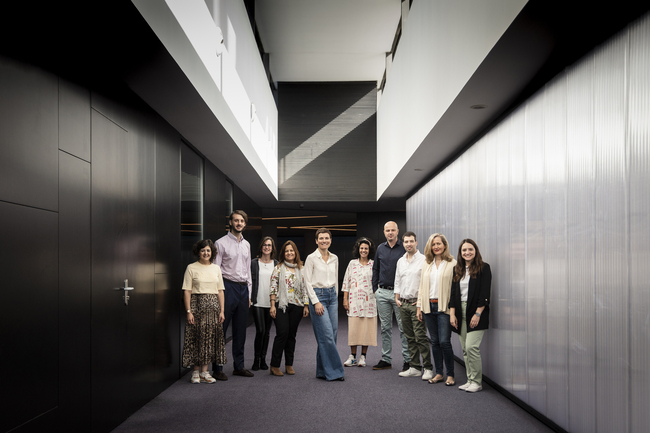Alina Timofeeva, a renowned Technology and AI advisor with experience advising major financial institutions including HSBC and JPMorgan, discussed On the Business Today show on the BBC News Channel, how DeepSeek had taken over ChatGPT to become Apple’s most popular free app in the US.
Tech stocks had fallen sharply on Monday as advances by Chinese artificial intelligence start-up DeepSeek cast doubt on whether the US could maintain its leadership in AI by spending billions of dollars on chips. Timofeeva cautioned that the market reaction might have been overdone, noting the hype around technologies such as Bitcoin’s recent price surges and sharp fluctuations, as well as the recent sharp falls in quantum stocks. She suggested that people might have been creating hype too quickly and that stock prices could experience a correction in the future.
DeepSeek has attracted increasing attention from investors since the company last week released its latest large language AI model showing a comparable performance to those of US rivals OpenAI and Meta. This comes straight after Donald Trump’s announcement of a 500 billion dollar private investment into AI. DeepSeek hold an unprecedented number of the highest-powered NVIDIA H100 chips (est. 50,000). They have more chips than people think; and they are not limited by chip controls and export controls.
They have a “multi-token” system, e.g. It’s like having a huge team but only calling in the experts you actually need for each task. This means that they found a way to move beyond the traditional, energy-intensive methods of LLMs to more optimized approaches. They outperformed or matched state-of-the-art models; their training models use far fewer Nvidia chips than US competition and their plans include improving multi-language capabilities.
Timofeeva comments:
“The real game-changer isn’t the technology itself, where the current hype is. What truly matters is how we build use cases and applications that deliver value for our customers like you and I. I anticipate the shift of the conversations from technology to value creation for customers like you and I.”
“We see over the years that the technology revolutions work in a way that we tend to overestimate the speed of the revolution & underestimate the size of the revolution. In the past we were given the prophecies that we will be shopping online or watching movies online, which did indeed happen – but it didn’t happen at the speed that was promised, it took a bit longer. When the revolution did happen, it was much bigger than what we thought. AI will take a little longer in many respects to really demonstrate the growth with the significant investment required upfront, and AI is anything but cheap.”
“The AI industry has a critical responsibility to highlight the significance of ongoing advancements, especially given the likelihood of rapid progress on the horizon. As we navigate this pivotal moment in technological history, collaboration, responsibility, and adaptability are key. The alchemy of great people working together is at the core of creating not just groundbreaking technology, but also sustainable solutions for society. It’s key for younger generations to cultivate knowledge in technology and critical learning skills.”



